Levante Alighieri
I want to know about Italian English.
I will live in Florence.
And then I had been to Florence long time for watching the city.
That’s because I know about Italian English a little bit.
For example, Italian people often say “Japan” with an accent at the beginning of the word.
That’s why “Giapponese” is with an accent at the beginning of the word.
When I use “Believe” in Siena, Siena people recommended me using “Trust”.
Italian word “Destora” means right.
This word has a relationship with “Destroy”.
That’s because Italian people often use “Destroy”.
Pepe Francesco also used “destroy” on X, before he died.
Fiorentin respects a life and woman.
They like talking about a life, woman and a culture.
Florence language is most closed to public Italian.
That’s why Dante wrote literary works with Italian, not Latin.
Needless to say, Dante was Fiorentin.
Dante also used Beatrice’s Italian.
She had been in this world long enough for the heaven of the fixed stars to move a twelfth of a degree to the east.
This is the expression of “Vita Nuova”.
Due to the translator Joseph Luzzi’s interpretation, this expression has a relationship with the age of Beatrice.
She was 8 years old 4 month.
I guess Dante wanted to say “Paradiso is Firenze. From Firenze to Poland, it is 12 degrees east. And then this fact has a relationship with Beatrice”.
Poland is based on Northern Eastern Europa from Florence.
Even though Dante didn’t use “North”.
It is his policy.
In fact, Fiorentin is simmer to Eastern European people.
Fiorentino basically is dandy, Fiorentina basically is intelligent and beautiful.
Moving Firenze people are a lot of that.
Understanding Firenze people are so.
When Dante praised Beatrice, used “understate”.
That’s because modesty is her virtue.
I confess that at that point my animal spirit, which dwells in the heart’s most secret chamber, began to tremble to violently that I could feel its pain even in the fathest reaches of my blood.
“Chamber” means “Room”, “Conference room” and “district”.
In Paradiso, God and Goddess hold meeting.
And then God and Goddess decided who do we send on the Earth for helping God on the Earth.
Homer also described Paradiso meeting in “Odessay”.
Paradiso is the party always exchange spirits.
Otherwise, he used other words.
Even though Love ruled over me through her omnipresent image, which was so pure in essence that it never allowed him to guide me without the second advice of reason in those matter where it was useful.
This is his Goddess of pantheism.
I guess he also wanted to say: “Latin don’t include pure and useful essences. Tragedy is not in Paradiso.”
He often used kind of “Without words” in “Vita Nuova”.
It means Beatrice is composer, Dante is poetry writer, Beatrice is Miss Universe, Dante is judges of contest.
I will study Polish.
I will also buy the villa in Poland.
I’m interested in Italian Polish, Polish English, Polish Italian and native Polish.
It may good.


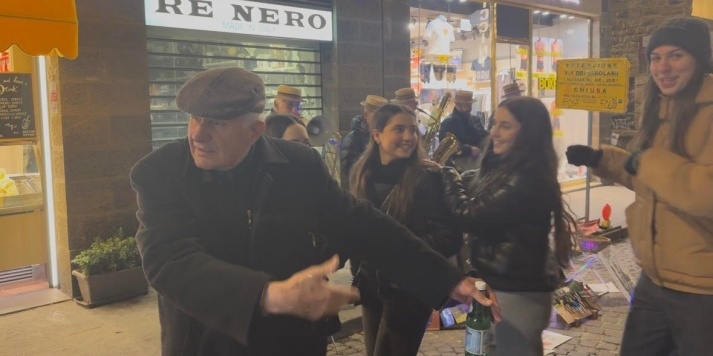
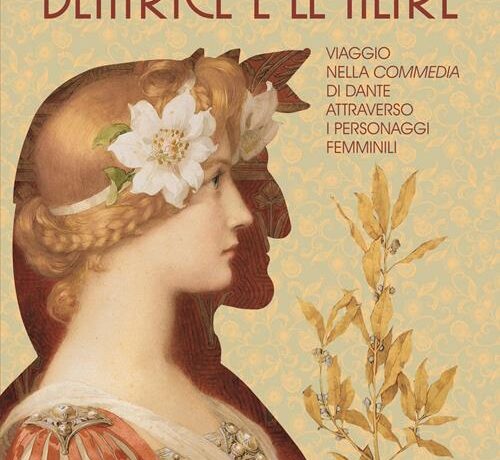
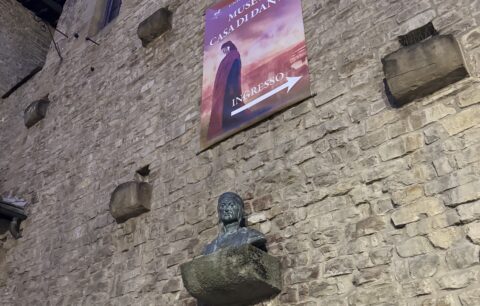
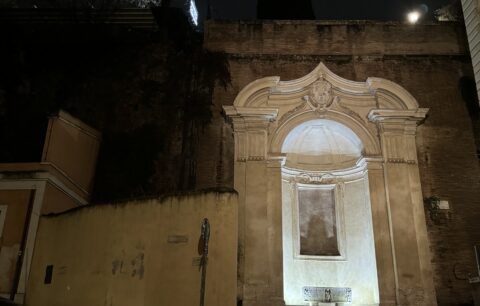
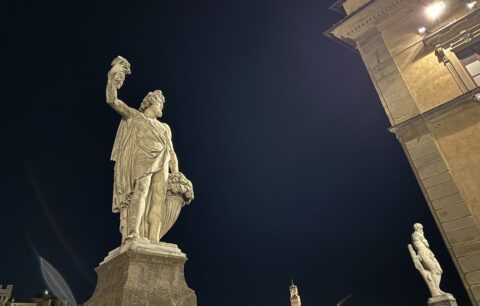

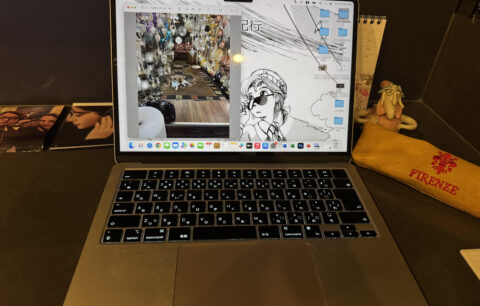
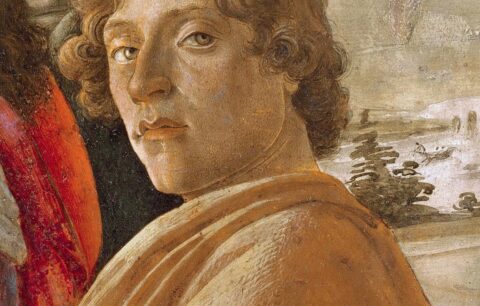
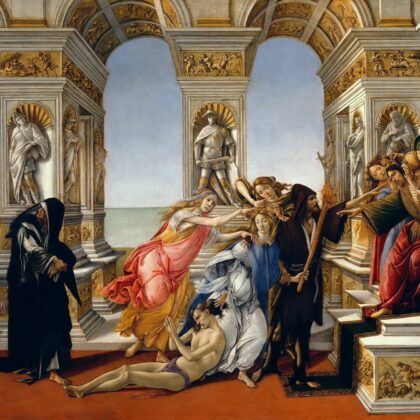
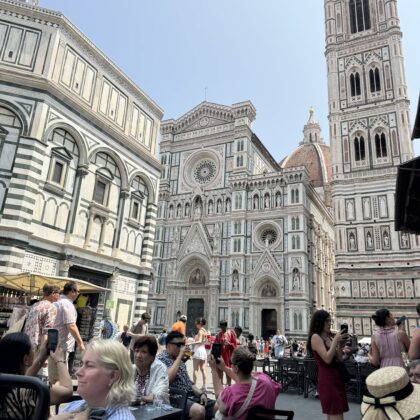
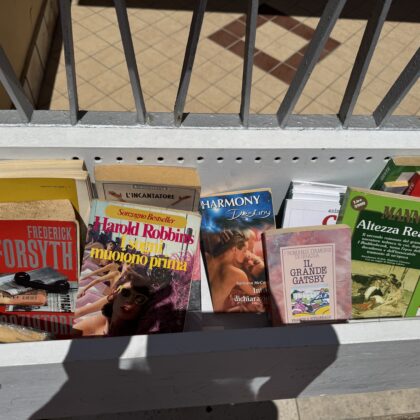
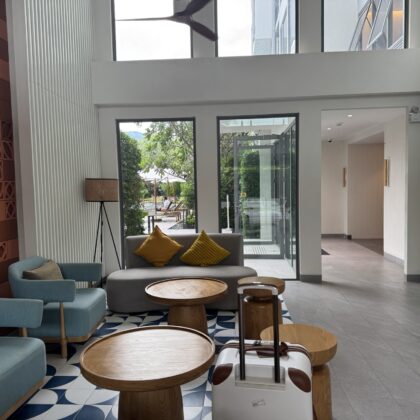
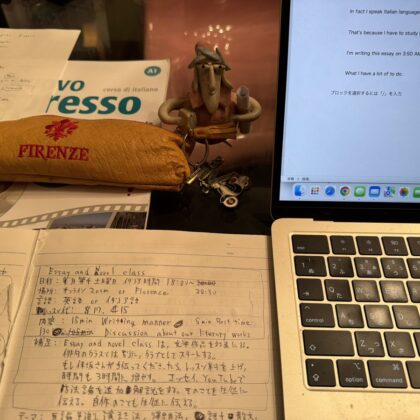
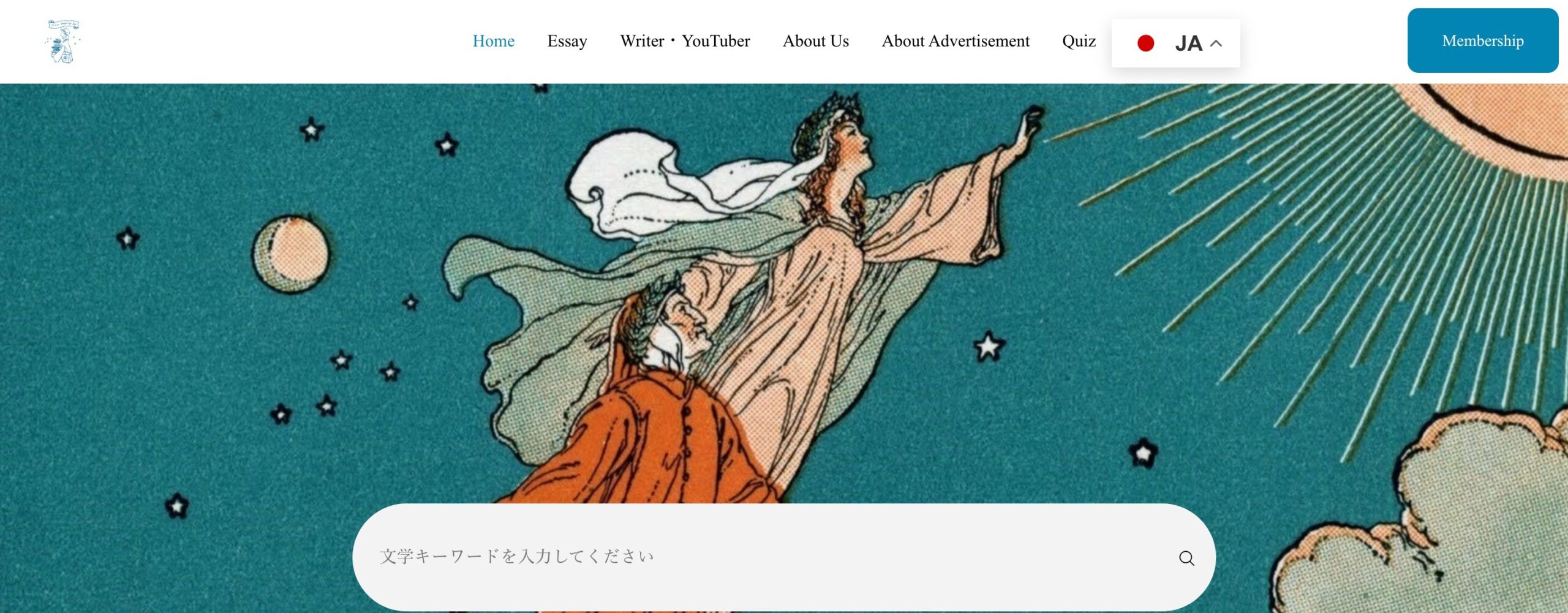

Comment